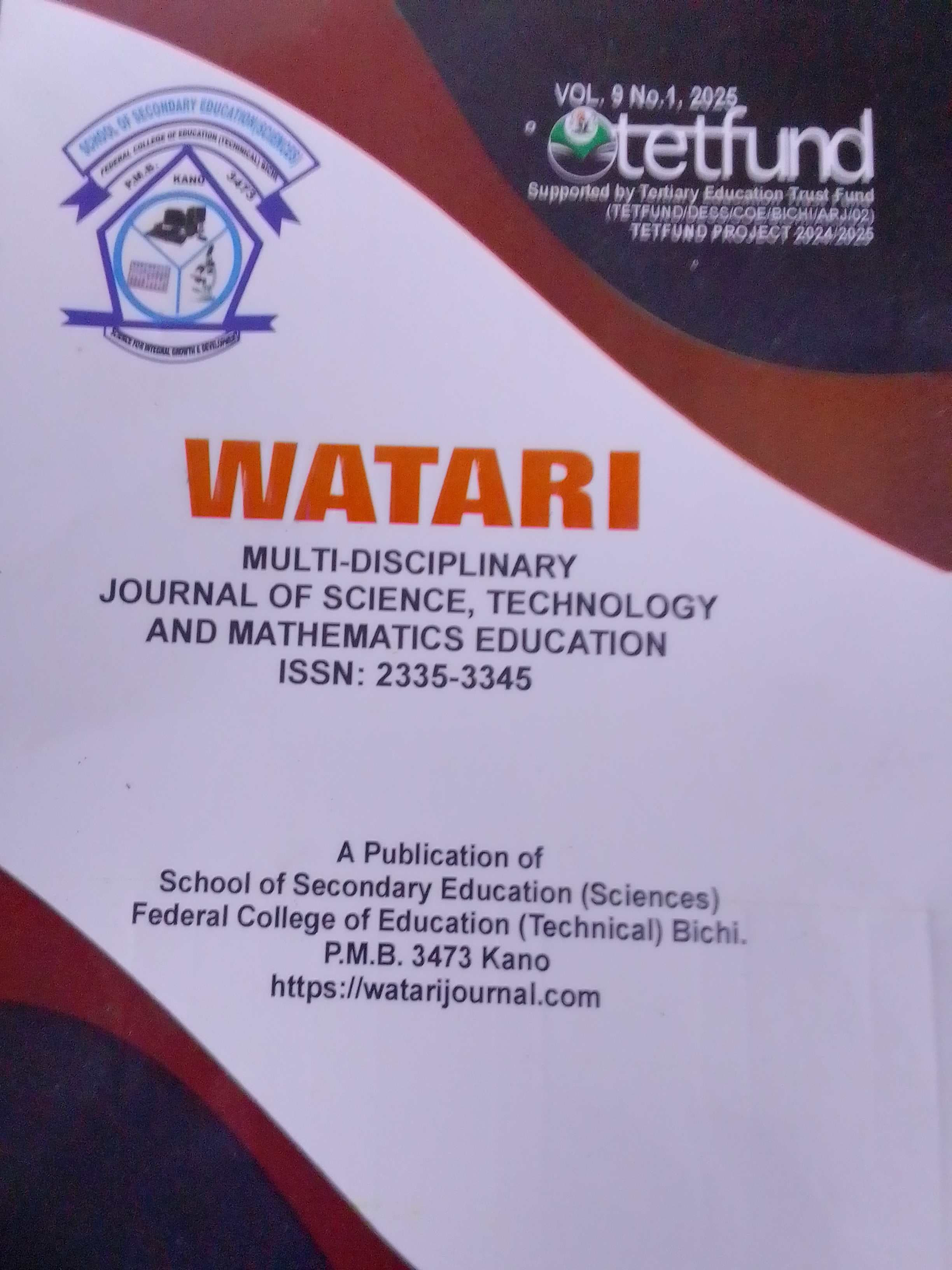IN-VITRO PROPAGATION OF TOMATOES UNDER ASEPTIC CONDITION
In this study the major focus was to regenerate and produce multiples of Tomato (solanum lypersicon), with other desirable traits; in the absence of seed. The apical Meristem of tomato seedling was used as ex-plants for in vitro callogenesis. The ex-plants were washed with distilled water and sterilized by treating with 70% ethanol for 2 minutes and 20% of sodium hypochlorite for 20 minutes, ex-plants were thereafter washed 3 times with distilled water and then sterilized ex-plants were placed on MS medium modified with 3.0, 3.5, 4.0, 4.5, 5.0 mg/L 2, 4-Dichlorophenoxy acetic acid (2, 4-D) and incubated in the dark for callus induction and regeneration. The effect of different concentration of 2, 4-D on the callus induction from apical Meristem of tomatoes was evaluated under in vitro condition, 3.0,3.5,4.0,4.5,5.0mg/L 2, 4-D and were tested. The best optimum number of callus induction was MS medium supplemented with 4.5mg/L 2,4-D with an average percentage callus induction of (95.8%) and degree of callus growth (XXX) followed by MS medium supplemented with 4.0mg/L 2,4-D with an average percentage callus induction of (70.8%) and degree of callus growth (XX). The least was MS medium supplemented with 3.5mg/L 2, 4-D with an average percentage of callus induction of (56.8%) and degree of callus growth (XX). From the best optimum number of callus induction on MS medium supplemented with 4.5mg/L 2,4-D, the percentage of callus formation in each bottle was sub-cultured on fresh MS medium having concentrations of Zeatin (1mg/L) and 2,4-D (1mg/L) for regeneration. They showed average percentages of regeneration of 62.2% . Negative factors were eliminated.
